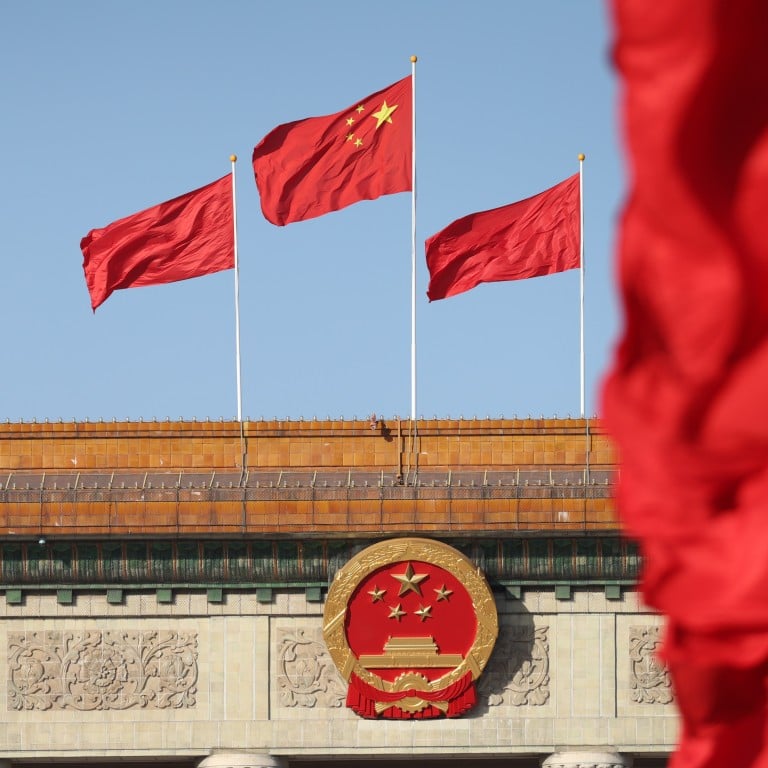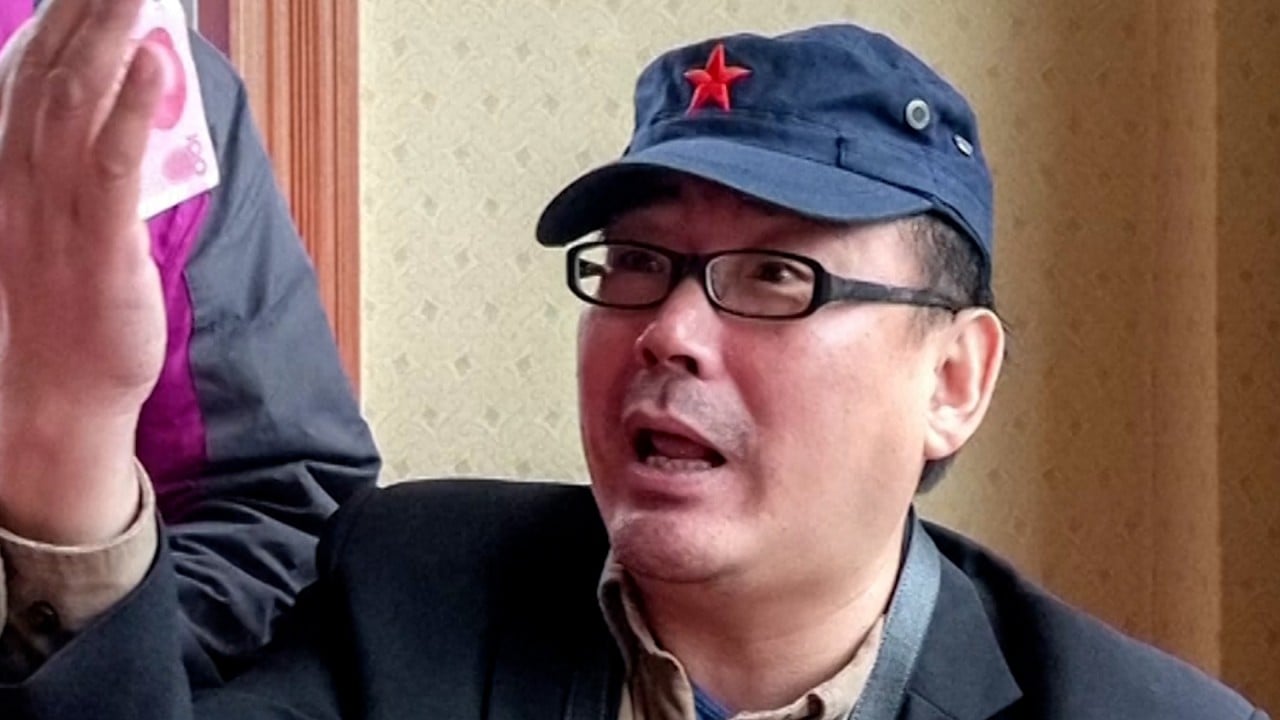
China’s top legislators weigh changes to state secrets law
- The latest revisions have not been made public but state media reports point to tighter rules over ‘work secrets of government departments’
- The law is being amended for the first time in more than a decade
The full text of the draft has not been made public, but official media reports suggest it proposes greater restrictions on matters considered by the authorities to be state secrets.
State broadcaster CCTV said the Standing Committee of the National People’s Congress began reviewing the amendments on Monday. It was not immediately clear when the amendments would be approved or come into effect.
China’s move to amend state secrets law fuels concern among businesses
One area of change is the “work secrets of government departments”.
CCTV quoted Luo Yuan, an NPC official in charge of the amendments, as saying lawmakers, government officials and legal experts had suggested these matters were already largely considered as state secrets but they should be “managed and standardised”.
Under the proposed changes, government departments would have to protect “matters arising from or acquired in work that are not state secrets but the disclosure of which would create certain negative effects”.
A previous draft expanded on the provision, defining negative effects as “impeding the normal functions of government departments or undermining national security or public interest”.
The blurring of the “work secrets” definition in the new draft could give authorities greater flexibility over what cannot be disclosed.
The CCTV report said that the new draft also placed more restrictions on state employees who leave their jobs, requiring those who are in possession of state secrets to undergo secrecy education and return classified materials.
Previous revisions proposed that all state employees with access to classified information would not be allowed to travel abroad without prior permission for a set time after their departure, a requirement that is expected to be retained.
As of 2016, China had about 7.16 million civil servants, according to state news agency Xinhua. But an estimated 31 million people are employed by the state, including at state-owned enterprises, institutions and agencies.
According to CCTV, the latest amendments require the authorities to conduct “scientific argumentation and evaluation” of matters considered state secrets and to make “timely adjustments” as circumstances change.
Xinhua said the draft under consideration also added that people should be compensated when their “rights and interests are restricted for reasons of state secrets”.
China dusts off state secrets law amid national security push
The first draft of the revised law was put to the Standing Committee in October, followed by a month-long public consultation.
That draft had more than a dozen new articles, most of which are expected to be retained. They included greater emphasis on public education about state secrets and government support for the research and application of key technologies in the field of information security.
Revisions to Chinese laws typically go through two or three rounds of deliberation, but it is unclear what the revised state secrets law will do the same.
This session of the NPC Standing Committee ends on Tuesday. The main agenda is to prepare for next week’s annual gatherings of all NPC representatives in Beijing and to “review the qualifications of some deputies” – an apparent reference about the removal and appointment of senior government officials.


